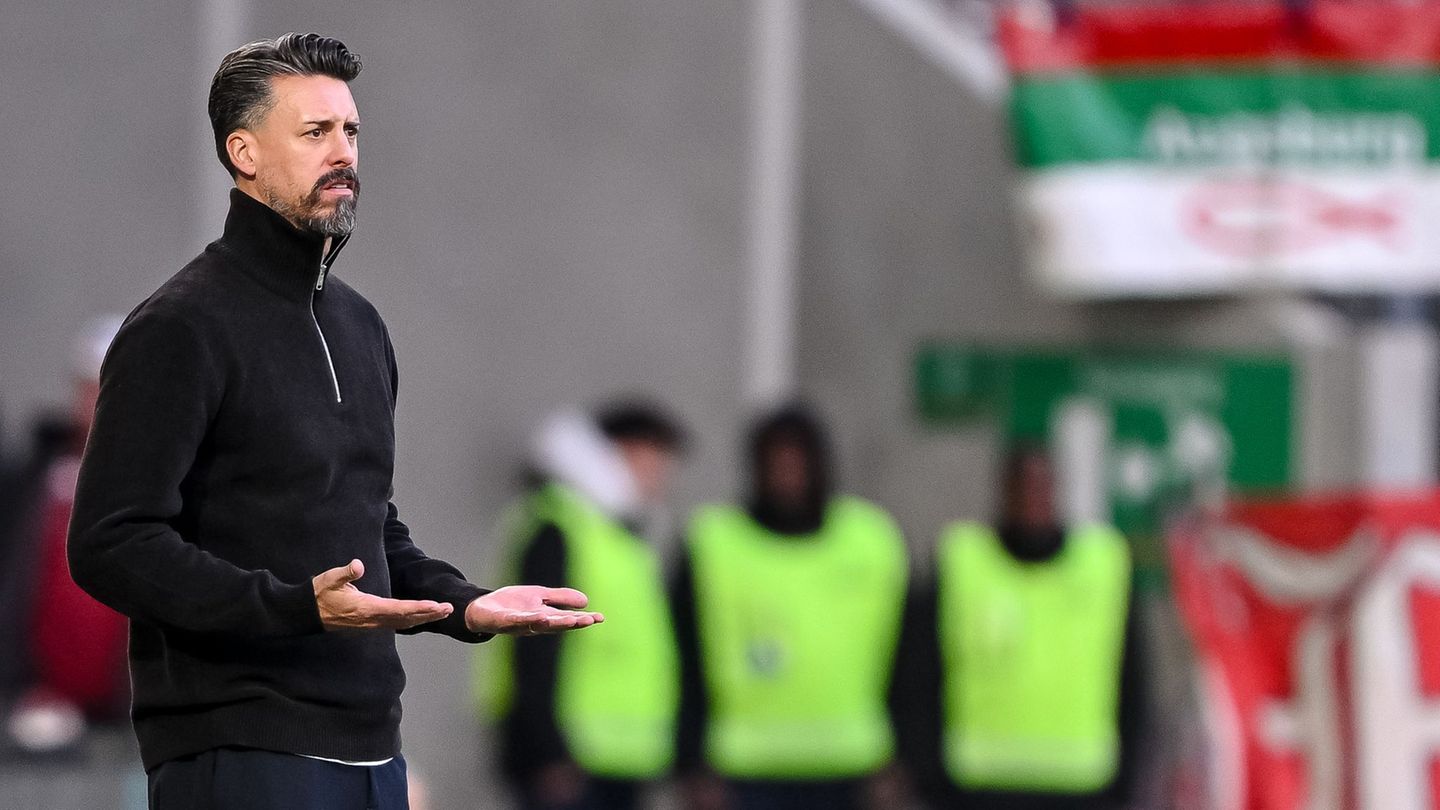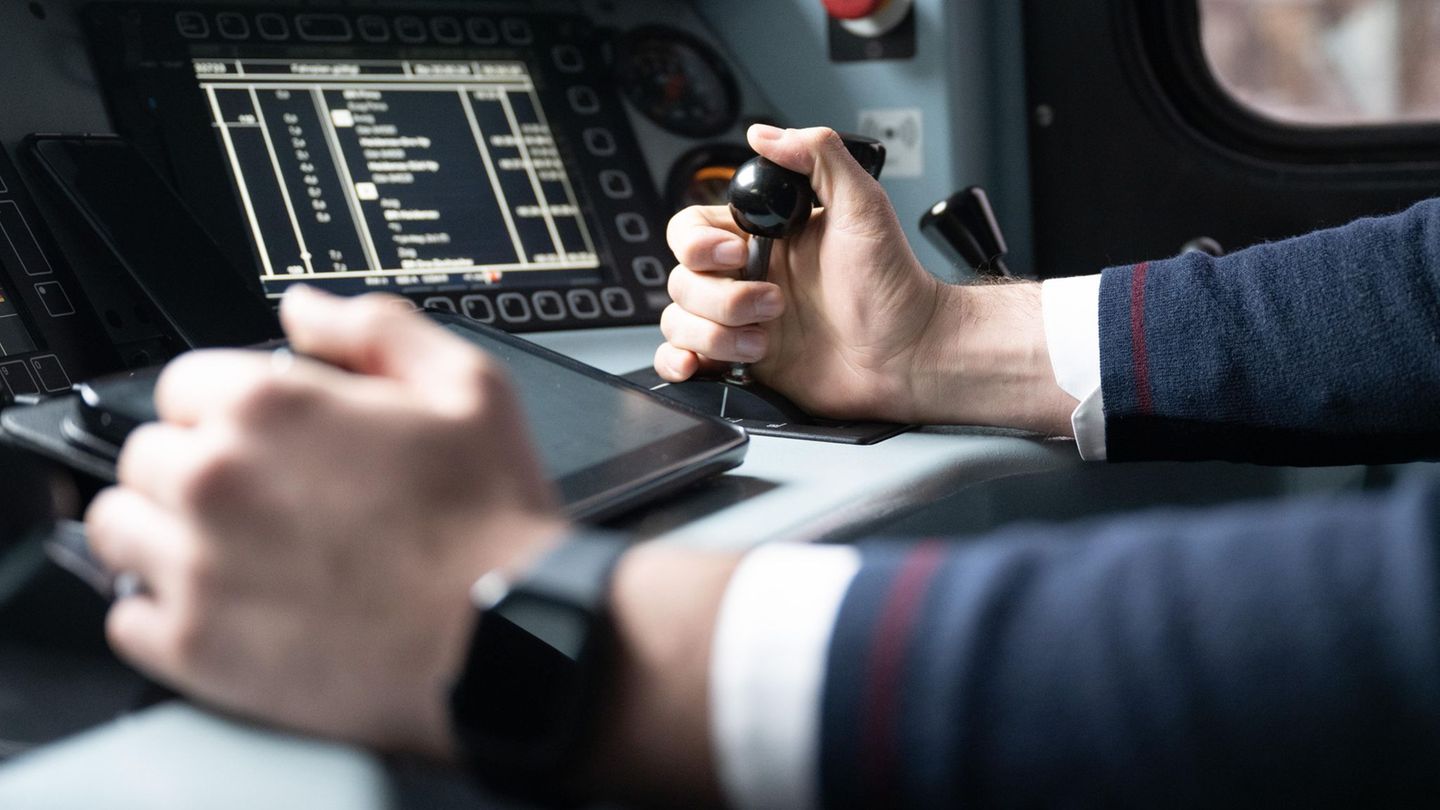Aquaculture is the breeding of fish, among other things. This form of production is becoming more important worldwide – but in Germany it is stagnating. According to the fishing association, this is also due to strict laws.
According to the assessment of the German Fisheries Association (DFV), legal requirements and bureaucracy continue to hinder the growth of aquaculture. The association refers, among other things, to water, nature conservation and fish disease law. Before the start of the German Fisheries Day on Tuesday in Hamburg, the association repeated the call for less bureaucracy, as the DFV told the German Press Agency. The potential of mussel production in Schleswig-Holstein cannot be fully exploited. The stock is also generally at risk because fish-eating animals such as cormorants, otters and beavers cannot be repelled.
The nationwide industry meeting ends on Thursday. The agenda includes food security, the transformation of fisheries and the role of fish in climate-friendly nutrition. The association says it represents up to a million organized fishermen and anglers from all sectors.
Aquaculture is gaining importance
Aquaculture refers to the controlled breeding of trout, carp and mussels, among others. Worldwide, aquaculture production is now higher than that of fishing, as the latest report from the Food and Agriculture Organization of the United Nations shows. According to the DFV, aquaculture in Germany is currently unable to keep up with this development.
According to the Federal Statistical Office, aquaculture companies in Germany produced around 35,200 tonnes last year, including algae. This figure is still below the approximately 39,200 tonnes produced in 2011. Companies in Schleswig-Holstein, Bavaria and Lower Saxony produced the most.
In contrast, deep-sea and coastal fishing brought almost 157,000 tonnes of fish, crustaceans and molluscs ashore last year, according to a report by the Federal Office for Agriculture and Food. Most of the catch was landed in Germany in Bremen, followed by Mecklenburg-Western Pomerania and Schleswig-Holstein.
Source: Stern




